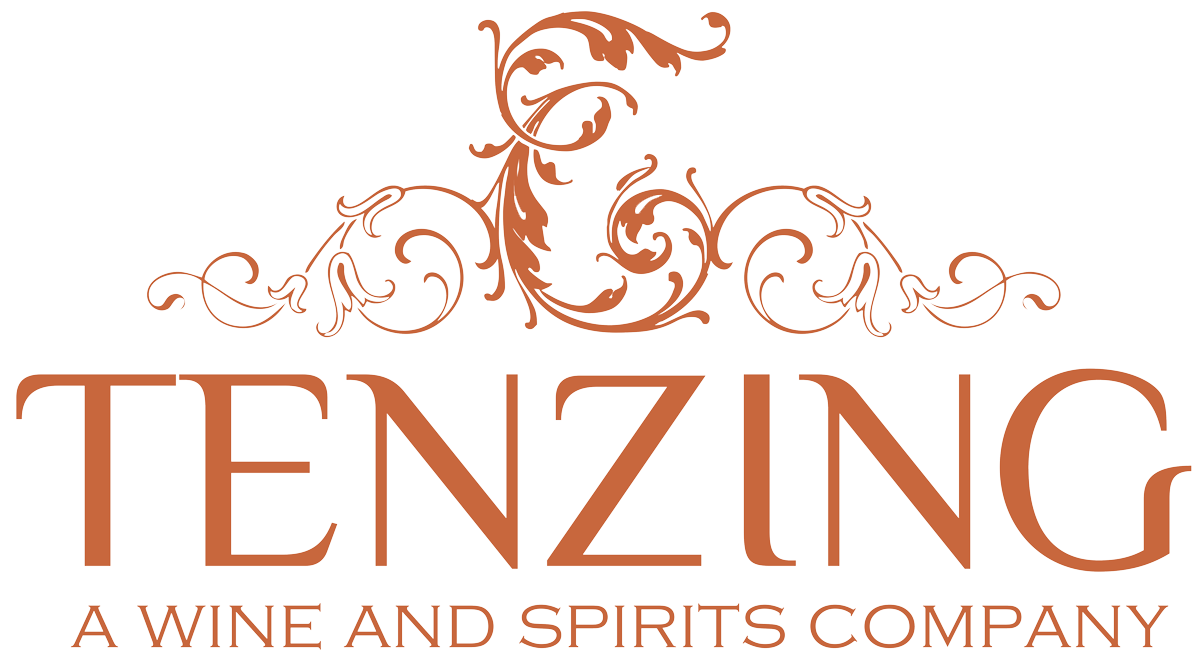Chateau Grande Cassage
Supplier/Importer: Domaine Select
Region: Rhône Valley, France
Appellations: Southern Rhône
ABOUT
Benoît Dardé and his son Paul are the fifth and sixth generations to work the land of the Costières de Nîmes. When Benoît took over the reins from his father, in 1991, the estate consisted of 12 hectares planted to grapes intended for table wine; he immediately began replanting the vineyards to the noble varieties traditional to the region, and over the years the family has slowly expanded the property to over 80 hectares. As they acquired more land, they decided to maintain a polyculture property to give the vines a richer ecosystem, and they increasingly turned to organic practices. Today the estate has several years of fully organic viticulture behind it, and the Dardés have begun the official conversion process for certification.
For Benoît Dardé, “winegrowing is not a pleasure—it’s a passion.” The Dardés have been farming the Costières de Nîmes for five generations. Founder Hippolyte Dardé was born in Béziers and had moved to Paris to sell wine. Unable to stay away from the vineyards, he found land in the Costières de Nîmes and started his own domaine, Château Grande Cassagne, in 1887. Benoît continues the family tradition with the same commitment. He attended viticultural school and returned to the domaine in 1991 when his father, Jean-Claude Dardé, retired. At the time, the domaine consisted of 12 hectares planted to grapes intended for table wines. He began a wide-scale replanting primarily to the classic noble varietals of Grenache, Syrah, Mourvèdre, Roussanne and Grenache Blanc. Over the years, they have added to the vineyard holdings and now farm 84 hectares. Just recently, Benoît’s son, Paul, joined the domaine, and the entire family works together in both the vineyards and the cellars with no set division of labor.
The vineyards of Château Grande Cassagne are situated on the south-facing slopes around the village of St. Gilles, just north of the Camargue on the ancient riverbed that used to be the Rhone delta. The clay and limestone soils are ideal for growing grapes. Under the hot sun of Provence, the clay retains water and prevents the vines from dehydration while the galets roulés insulate the roots from temperature fluctuations. In addition, the ideal situation of the plateau puts it at the crossroads of the south-blowing Mistral and the north-blowing breezes from the Mediterranean, whose cooling effects protect the lively acidity of the grapes from the hot, dry temperatures during the growing season. All of these conditions contribute to the fertility of the terroir, which yields approximately 55 hectoliters per hectare. Now that the vines are older, averaging 25 to 30 years of age, the brothers allow the leaves to proliferate, slowing the maturation and contributing to a lively acidity in the grapes. Ultimately, for Benoît and Laurent, it is all a question of common sense, and they respond thoughtfully to the circumstances of each vintage accordingly.
Benoit strives for the most natural expression of the grapes to make wines reflective of their terroir. To achieve that, he starts by de-stemming the entire crop following the harvest. From there, the grapes undergo traditional vinifications in temperature-controlled, enamel-lined, cement tanks—a method that insures freshness. All of the grape varietals are fermented separately by individual parcel. The whites are vinified at 15 to 18°C and are aged on fine lees for five to six months in tanks before release. The red grapes are crushed; the free-run juice, 15 to 20 percent of the red must by volume, is reserved for the rosé, which undergoes a cold skin maceration for five to eight hours. The wines are bottled and released in the end of winter. The reds are macerated for three to five days and are then fermented at 25 to 28°C for two to three weeks, and age in tanks and barrels, depending on the individual cuvee. To curtail the sterilizing effect of a full filtration, the Dardés rack frequently to eliminate any stems, skins, seeds or lees and lightly filter before bottling.
INFO
- Vineyard Area: 84 ha
- Soil Type: Clay and limestone
- Varieties Cultivated: Grenache and Syrah
- Country: France
- Winemaker: Benoît Dardé


